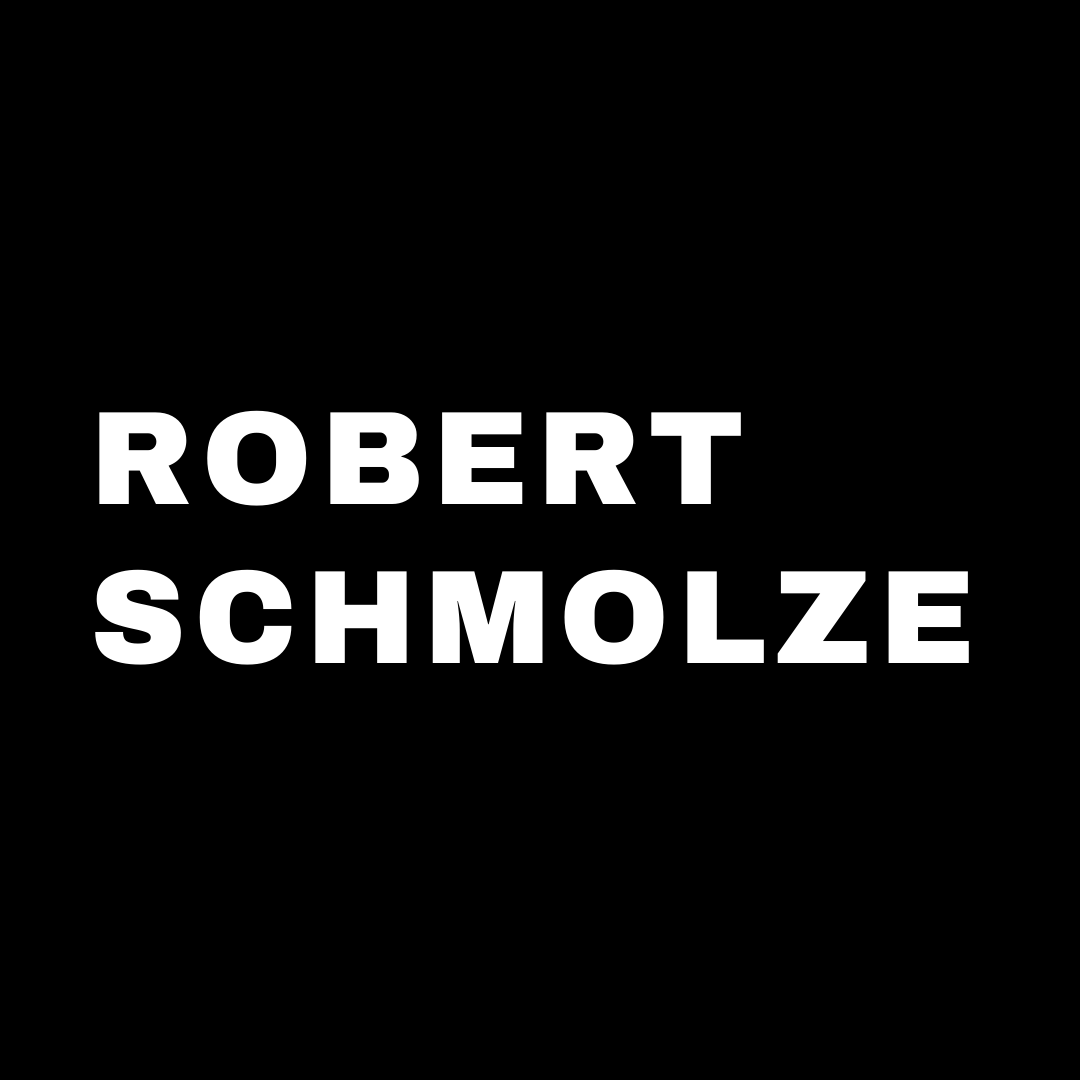What is a Behavioral Interview?
A behavioral interview is a popular interview technique employers use to assess job candidates based on their past behavior. For example, instead of asking hypothetical questions like, “How would you react if you were under a lot of pressure at work?” Instead, they would ask situational questions such as, “Describe a time you were under a lot of pressure at work. How did you react?”
Behavioral Interview Tips
- Study the job description.
- Review major projects you’ve worked on.
- Revisit previous job performance reviews.
- Make a list of your professional accomplishments.
- Use the STAR method to structure your response.
- Be open and honest in your answer.
- Practice your interview responses aloud.
- Keep your answers under two minutes.
With these kinds of questions, interviewers are usually trying to learn three things: First, they want to know how you behaved in a real-world situation. Second, they want to understand the measurable value you added to that situation. Finally, they are trying to learn how you define something like “pressure at work” — a concept different people might interpret differently.
Success in a behavioral interview is all about preparation. There aren’t necessarily wrong answers. These questions are aimed at getting to know the real you. The important thing is to be honest and to practice structuring your responses in a way that communicates what you have to offer.
Use the STAR method to structure answers to behavioral questions
You can use the STAR interview method to prepare for behavioral interviews — a technique that helps you structure your response to behavioral interview questions. Using this method, you create a deliberate story arc that your interviewer can easily follow. Here’s how it works:
- Situation: What is the context of your story? In setting the situation, you are telling your listener when or where this event took place. For example, “We were working on a six-month contract for a high-value client, when our agency merged with another, larger firm…”
- Task: What was your role in this situation? For example, “It was my role to lead the transition for my group while also communicating with our client to keep the project on track.”
- Action: What did you do? For example, “I set up weekly check-ins with the client to update them on the progress of the merger. This cemented an important level of trust between us. I also had regular one-on-ones with each person on the team, both to assess how they were handling the change and to make sure we would meet our deadlines.”
- Result: What did your actions lead to? For example, “We ended up completing the project on time, meeting all of their specifications. It was incredibly rewarding to navigate a lot of change and succeed under pressure.”
How to prepare
Read the job description carefully. Make a list of the top skills or qualifications it calls for. Think of a story that demonstrates your ability in each area. Following the STAR technique, write your stories down, including the situation, task, action and result. Then, practice saying them out loud several times, either by yourself or with a friend. Keep in mind that your answer should only take about 1 1/2 to 2 minutes. As you include each of the elements, try to be succinct.
If you’re feeling shy or lacking confidence, this practice is all the more important. You should get comfortable with these stories. Remember, you won’t be able to anticipate every behavioral question you get, but with a strong set of anecdotes, you’ll be able to answer each one with confidence.
Behavioral interview questions
Here are several examples of questions you might be asked in your next behavioral interview. Take some time to prepare sample answers for each both to practice and plan so you will be prepared in future interviews.
- Give me an example of a difficult problem you solved. How did you solve this problem?
- Tell me about a mistake that you’ve made. How did you handle it?
- Can you tell me about a challenging situation you overcame at work?
- Tell me about a time you learned a new skill. How did you approach it and how to did you apply your new learnings?
- Has there been a time when you had to pitch an idea to a manager or senior leader? What was the outcome?
- Tell me about a time when you overcame a conflict at work.
- Explain a situation in which you would have handled things differently.
- Tell me about a time you handled a stressful situation when you were under a lot of pressure.
- Can you tell me about a time you set and achieved a certain goal?
- What is your proudest professional accomplishment and why?
Behavioral interview sample answer
Using the above techniques, here is an example of how you might answer a behavioral interview question:
Question: Tell me about a time when you overcame a conflict at work.
Answer: “At my last job, my colleague and I had a disagreement over how to handle a sensitive situation with our client. We made a mistake on their campaign that resulted in poor overall performance. While my colleague wanted to move forward without explaining the mistake, I thought it would be best to let the client know what happened.
After going back and forth, I asked him if we could set some time aside to weigh the costs and benefits of each option. In the end, we needed to see each other’s motivations and fears to get a better understanding of the other.
We decided to let the client know what had happened, and agreed to provide them with another campaign at no cost. While it did result in a short-term loss for the company, the client appreciated our honesty and booked an annual campaign exceeding their spend with us in the past. My colleague and I were also recognized for our teamwork and ended up counseling other client teams on conflict resolution.”
found on indeed



